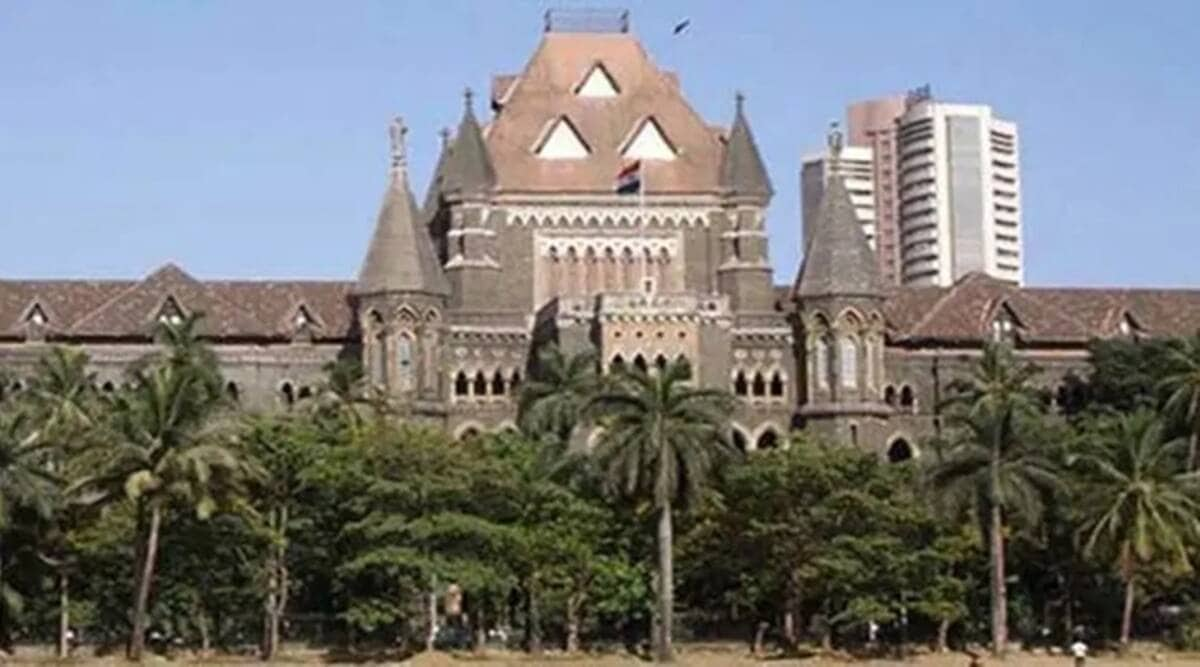 The high court also pulled up the sessions judge who had stated that since the accused were aware of the poor status of the deceased's parents, there was no question of their demanding dowry. (file)
The high court also pulled up the sessions judge who had stated that since the accused were aware of the poor status of the deceased's parents, there was no question of their demanding dowry. (file)The Aurangabad bench of the Bombay High Court recently observed that the “social menace” of dowry continues in society despite strict laws and punishments imposed by courts and demand of dowry even by rich persons from poor family of wife is rampant.
A single-judge bench of Justice Bharat P Deshpande last week made observations while quashing the verdict of the trial court in Nanded that acquitted the husband and in-laws of a woman who had ill-treated and harassed her as her parents had failed to fulfil their dowry demands.
“…In spite of strict legislation and punishments imposed by the courts from time to time, many cases are coming to the courts of law. Greed is not dependent upon the status of persons. Demand of dowry even by rich persons against poor family members of the wife is rampant,” Justice Deshpande said.
The high court also pulled up the sessions judge who had stated that since the accused were aware of the poor status of the deceased’s parents, there was no question of their demanding dowry. “Thus discarding evidence of parents on such flimsy grounds is clearly against settled principles and propositions of law. The sessions judge has completely lost sight of settled propositions to be considered while deciding a dowry case and thereby arrived at erroneous conclusion,” the bench held.
Subscriber Only Stories
Justice Deshpande passed verdict in a criminal revision application filed by the father of the victim, who had died in June 2001 at the government hospital due to 97 per cent burn injuries. The applicant’s father, through advocates Aummaheshwari Jadhav and P R Katneshwarkar, alleged that his daughter was ill-treated and harassed by her husband and in-laws as they could not fulfil their dowry demands.
The sessions court in March 2004 acquitted the accused and relied on dying declaration of the deceased wherein she had stated to the police officer that she attempted suicide being unable to bear pains in stomach she had suffered for long and that no one was responsible for her death.
Justice Deshpande noted that the dying declaration was not authorised by the doctor and the police officer had not inquired with the doctor whether the patient was in a position to give a statement and whether she was in a fit state of mind, therefore the dying declaration not recorded as per procedure could not be considered.
“Such burn injuries were sustained within a period of three years from her marriage. Prior to the said incident, there are allegations by the parents that she was subjected to ill-treatment and demand of dowry. Therefore, rejecting such contention of assumptions and conjectures as well as on flimsy ground, is not at all justified,” the HC observed.
Quashing the trial court order, the bench held, “Thus, acquitting all accused persons on these grounds is a miscarriage of justice. Deceased and her parents suffered at the behest of said judgment and therefore, interference is necessary.”
- The Indian Express website has been rated GREEN for its credibility and trustworthiness by Newsguard, a global service that rates news sources for their journalistic standards.

